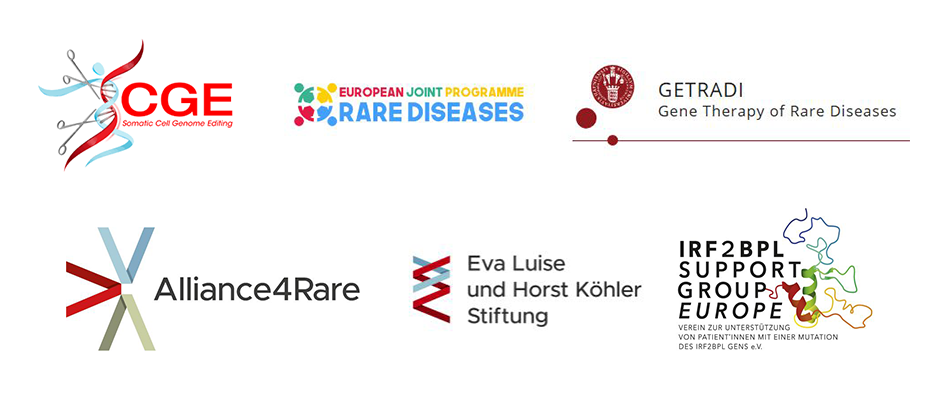PAWEL LISOWSKI RESEARCH WEBSITE
Welcome to functionalgenomics.pl - fearless research initiative commited to cutting edge science for lifelong cure of people suffering from rare neurodegenarative and neurodevelopmental diseases.You can contribute to our functionalgenomics.pl mission and help IRF2BPL Support Group Europe continue to grow:
THE MISSION OF FUNCTIONALGENOMICS.PL IS TO PROVIDE ONE-TIME NEXT GENERATION GENE THERAPIES THROUGHOUT:
Development of safe, precise and efficient post mitotic neuronal cell type specific gene editing tools.
In Vivo delivery of therapeutic gene editing technology into the patient central nervous system.
Application of 3D patient derived brain organoids driven by AI machine learning to support treament decisions in the context of personalized medicine by: (1) high throughput phenotypic screening; (2) gene editing and gene therapy development; (3) drug screening and reporposing.
About FunctionalGenomics.pl
Functionalgenomics.pl initiative with headquarter in Berlin, Germany
operates within estabilished US and EU scientific and technological network under research collaboration agreements with following partners: Center for Gene Therapy, Nationwide Children’s Hospital, Columbus; Mayo Clinic Jacksonville; University Of California San Diego (UCSD); Salk Institute, La Jolla; Sanford Health Sieux Falls; Nemours Children’s Hospital Wilmington.
Our recent clinical and pre-clinical research focuses specifically on decoding and developing treatments for IRF2BPL-related disorders, known as NEDAMSS.
You can contribute to our collaborative IRF2BPL research network by donating patient-derived cells. For more information about the IRF2BPL.DE research initiative, please visit https://irf2bpl.de/. For details on cell donation methods and procedures, please contact Dr. Paweł Lisowski directly.

RUNNING PROJECTS

Under the current projects we investigate the molecular mechanisms of rare neurodevelopmental, neurological, and neuropsychiatric disorders. By applying stem cell-based disease modeling and differentiating stem cells into disease-specific brain organoids, we study neurodevelopmental processes in detail within individual patients’ unique genetic contexts. These findings inform treatment strategies, including deep learning-guided, patient-specific gene therapies and drug repurposing to address observed phenotypes.
WE ARE SUPPORTED BY

WE ARE SUPPORTED BY
